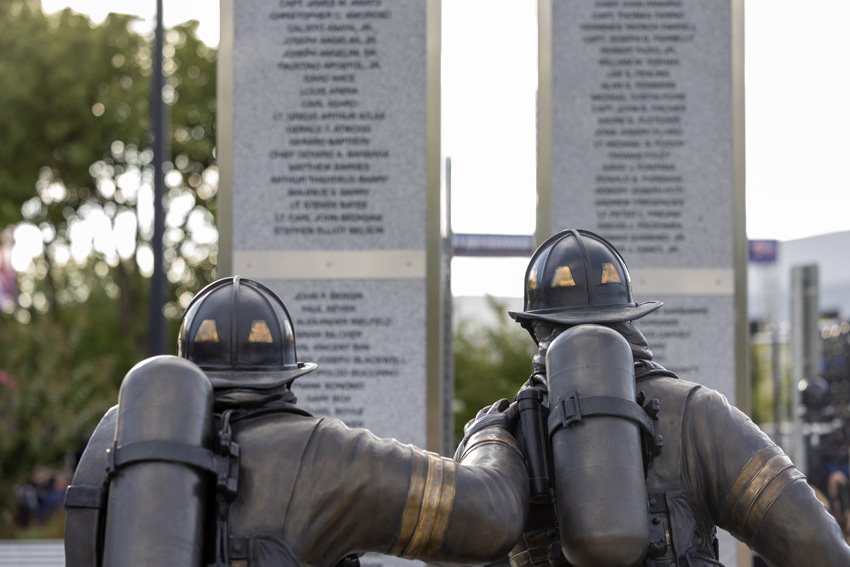Totalitarianism and censorship are just two of the many problems which plagued the world after, and during, the Second World War. During the Nazi regime in Germany, for example, college students would burn thousands of non-German books to the sound of a great, joyous ceremony, complete with band and precession.
In a twist of irony however, many warnings of the destruction and corruption of information comes from literature. Books like A Clockwork Orange, by Anthony Burgess, and both 1984 and Animal Farm by George Orwell all predict either a totalitarian government or a complete breakdown of the world all together, resulting in world destruction. Because of the seriousness of this subject, The Big Read appointed Fahrenheit 451 (1953) one of the main subjects of The Big Read, an event held annually in the hopes of stimulating communities with discussion and critical thinking.
Throughout the month of March, the Fresno County Library either hosted or took part in many activities devoted to the book. These endeavors ranged from public readings to teleconferences with the author of the book, Ray Bradbury.
Last year, english teacher Molly Sargent introduced the book to her Honors English III class. Being an avid reader, Sargent was well-versed with the subject long before the class opened the cover. Sargent says that the thing which makes Fahrenheit 451 such a well-known science fiction novel is the fact that it deals with the human condition, rather than aliens or space travel.
“Most novels about the future, like many of Bradbury’s books, are so far removed from present day life that they’re just good yarns [rambling stories],” Sargent said. “There are a few in the sci-fi genre, however, which basically deal with things that can happen. Fahrenheit 451 revolves around characters, and the technology presented in the novel does not get in the way of those characters. The point is we can see them existing — all the characters are real and they have the potential to follow the road we’re going down.”
Fahrenheit 451 centers around the character Guy Montag, a fireman in a future where books are banned. Things are not as they appear, however, as firemen in this novel start fires, rather than extinguishing them. The main target of this extermination: books.
After years of working as a fireman, Montag opens one of his potential victims and discovers a quandary of information far outweighing anything he has ever seen before in his life. This revelation leads Montag to collect books over the course of months and provide them with sanctuary at his home. Eventually, his secret is uncovered, making him a fugitive.
Senior Alyssa Quenzer, who participated in Sargent’s English class last year, said she enjoyed reading Fahrenheit. She believes the novel deals with current issues which kept her intrigued throughout the piece.
“It seems like some of the things he [Bradbury] predicted came true in our current society,” Quenzer said. “There is a lot of censorship in books, and yet the books that are censored have a lot of depth and meaning. It [the book] exposes us to the truth of society and the way it works.”
Some students, like senior Spencer Lee, held an opposing view of the book. As soon as the book started, Lee decided that the literature could not hold his attention so it was not worth a good portion of his time.
“I didn’t think Fahrenheit 451 was very interesting and found it hard to read,” Lee said. “I had several other things I would rather do than read the book, so I read maybe two chapters and looked up the rest [online]. It was not a fun experience.”
Although not every student considered the book a thrill ride, Sargent encourages students to read the novel because of the subject it presents.
“The book is a great selection






